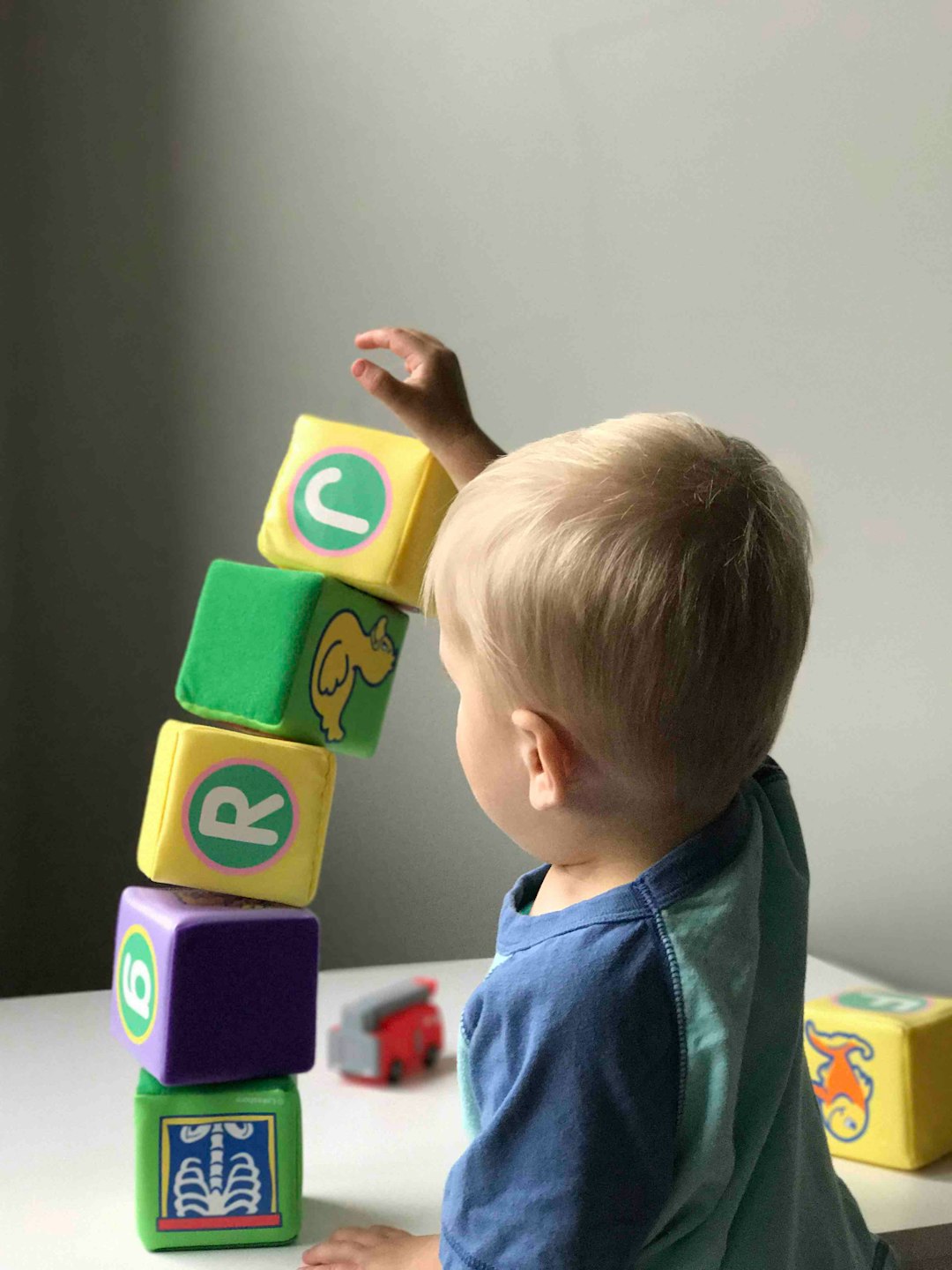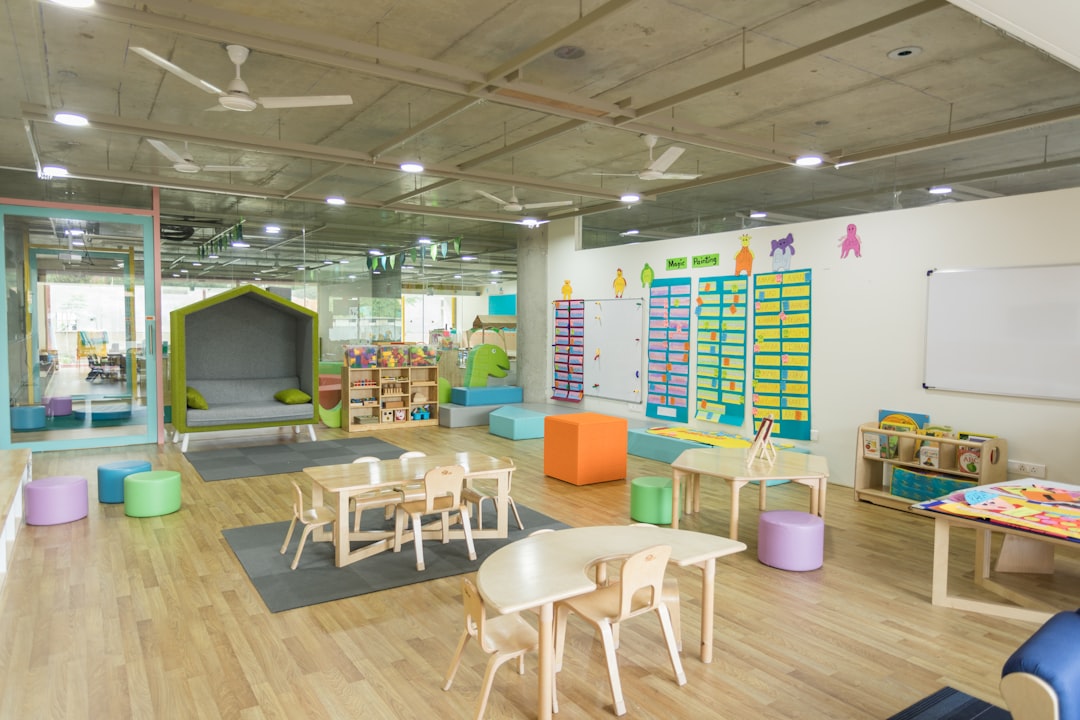Maryland parents need to understand state daycare regulations, including staff ratios, health inspections, and child protection laws. Research daycares thoroughly, check for red flags like abuse or neglect, and consult specialized daycare abuse law firms for guidance. Adherence to state laws and transparent practices by caregivers is crucial for ensuring a safe and nurturing daycare environment.
Navigating the search for quality daycare in Maryland can be challenging, given stringent regulations and a vast array of options. This guide arms parents with the knowledge needed to overcome these hurdles. We delve into understanding Maryland’s daycare standards, recognizing red flags of potential abuse or neglect, and exploring legal rights and protections. By researching reputable centers and assessing caregiver qualities, you can ensure your child receives safe, nurturing care. Remember, choosing the right daycare is paramount for peace of mind—and your child’s well-being.
Understanding Maryland's Daycare Regulations and Standards

In Maryland, understanding the state’s daycare regulations and standards is paramount for parents seeking quality care for their children. The Maryland Department of Education and the Office of Child Care (OCC) enforce strict guidelines to ensure safe and nurturing environments for young minds. These include requirements for staff-to-child ratios, education levels, and regular health and safety inspections. Familiarizing yourself with these standards is crucial, as it enables parents to make informed decisions when selecting a daycare center.
Additionally, Maryland has laws in place to protect children from abuse and neglect within daycare settings. Parents should be aware of their rights and the legal avenues available if they suspect any form of maltreatment. Daycare abuse law firms in Maryland specialize in these cases, offering support and guidance to parents navigating these challenging situations. By staying informed about both the regulations and legal protections, Maryland residents can ensure a safer care environment for their children.
Identifying Red Flags: Signs of Potential Abuse or Neglect

When researching potential daycares in Maryland, it’s crucial to pay close attention and look for red flags that might indicate a facility’s inability to prioritize children’s safety and well-being. Red flags can include signs of neglect or abuse, such as inconsistent staffing changes, unclean or unsafe play areas, lack of proper adult supervision, or unusual behavior from the children attending. Moreover, consider the attitudes and communication styles of the daycare staff; they should be warm, receptive, and eager to answer your questions honestly.
If you notice reports of frequent disciplinary issues, high turnover rates among caregivers, or hesitancy from other parents to share experiences, these could be concerning indicators. It’s important to remember that Maryland has strict laws against daycare abuse and neglect, so any facility showing these signs might not meet the necessary safety standards. Consulting with experienced daycare abuse law firms in Maryland can provide guidance on what constitutes acceptable care and help you make an informed decision for your child’s well-being.
Legal Rights and Protections for Parents: What You Should Know

In Maryland, parents have legal rights and protections when it comes to childcare. Familiarizing yourself with these is crucial for ensuring your child’s safety and well-being. The state has strict regulations in place to prevent daycare abuse and neglect, which are enforced by the Maryland Department of Health and Mental Hygiene. These rules cover various aspects, including staff-to-child ratios, training requirements for caregivers, and hygiene standards.
If you suspect any form of daycare abuse or neglect, it’s essential to know that you can take action. Several daycare abuse law firms in Maryland offer assistance and support to parents who have experienced such situations. These legal professionals are equipped to guide you through the process of filing complaints, seeking justice, and ensuring your child is placed in a safe and nurturing environment. Protecting your rights as a parent is vital, and understanding the existing laws can empower you to take immediate steps if needed.
Researching Reputable Daycare Centers: Effective Strategies

When researching reputable daycare centers in Maryland, it’s crucial to go beyond the superficial and delve into their history and reputation. Start by checking state licensing records to ensure the center is legally authorized to operate. This basic step can reveal valuable insights, including any past violations or complaints filed against the facility. Moreover, examining reviews from parents on independent platforms can offer a glimpse into the day-to-day experiences of other families, highlighting potential red flags or outstanding aspects of the daycare’s care and environment.
Don’t hesitate to contact the daycare directly and inquire about their policies, staff training, and safety measures. Reputable centers should be transparent about their procedures for handling emergencies, administering medication, and addressing behavioral issues. Additionally, exploring connections with local child development experts or consulting with daycare abuse law firms in Maryland can provide insights into high-quality care while also equipping you to recognize potential red flags that might indicate subpar or unsafe conditions.
Building Trust: Essential Qualities of Quality Caregivers

When searching for quality childcare in Maryland, building trust with potential caregivers is paramount. Look for providers who demonstrate a strong commitment to safety and well-being, as mandated by state laws and daycare abuse prevention initiatives. Reputable caregivers should have transparent policies regarding background checks, staff-to-child ratios, and emergency protocols.
Beyond legal compliance, quality caregivers possess essential qualities like empathy, patience, and a genuine love for children. They create nurturing environments that foster healthy development, encourage exploration, and promote social skills. It’s crucial to observe interactions between caregivers and kids during visits, noting signs of positive relationships, effective discipline methods, and engaging educational activities—all indicators of a trustworthy and safe daycare setting.



